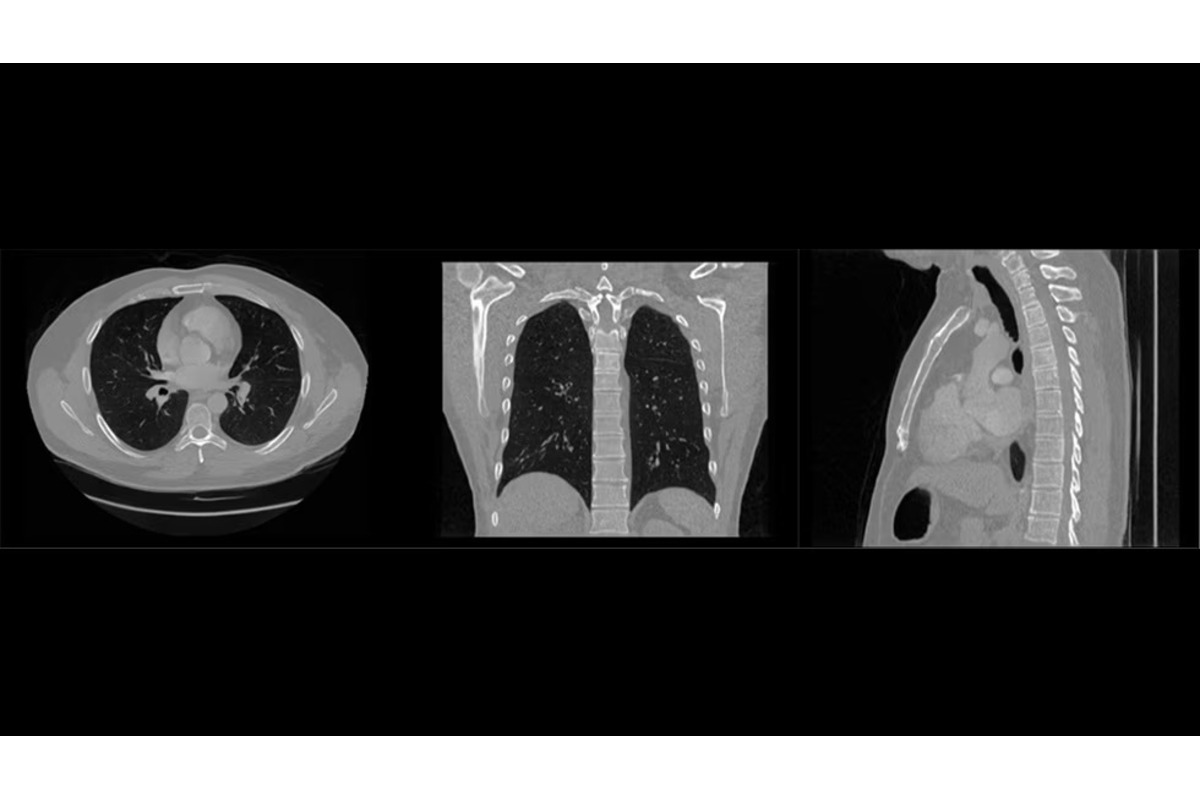Philips is exploring the use of synthetic medical imaging to enhance AI development in healthcare while maintaining patient privacy. Traditional AI training relies on real-world medical data, which is often fragmented and restricted due to privacy and sharing challenges. To overcome these barriers, Philips is generating realistic synthetic CT and MRI scans that mimic the diversity of real-world data without exposing patient information.
As a key contributor to Project SEARCH a collaborative initiative to advance diagnostic AI through synthetic data Philips is developing algorithmically generated datasets designed to be both technically accurate and clinically meaningful. These datasets help train AI systems to detect diseases earlier, improve diagnostic precision, and strengthen clinical decision-making, particularly in oncology and cardiovascular care.
By integrating synthetic data into AI workflows, Philips aims to fill data gaps, reduce model development time, and improve algorithm reliability, all while safeguarding sensitive health information. The company is also working with clinical partners to establish validation frameworks that ensure the quality, privacy, and relevance of synthetic images. This initiative underscores Philips’ commitment to advancing responsible, people-centered AI fostering innovation that enhances clinician trust, supports healthcare providers, and contributes to better patient outcomes.

















Leave a comment